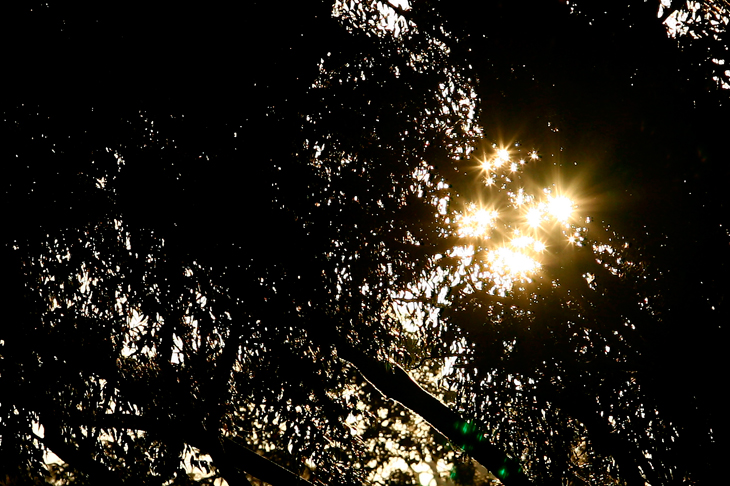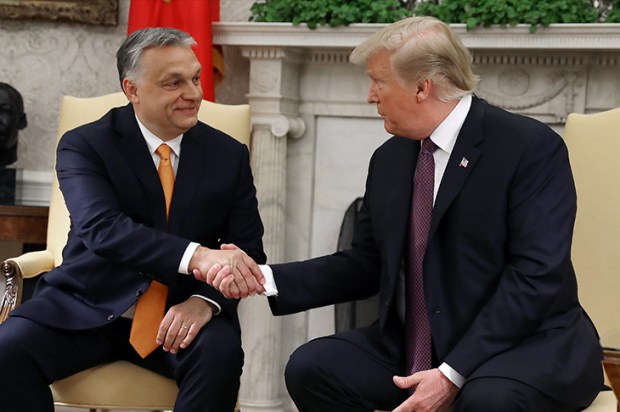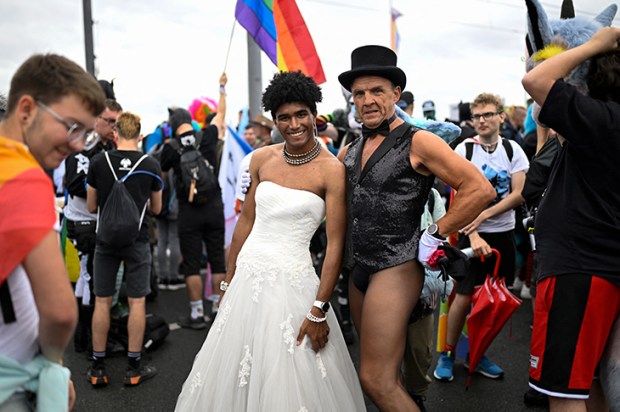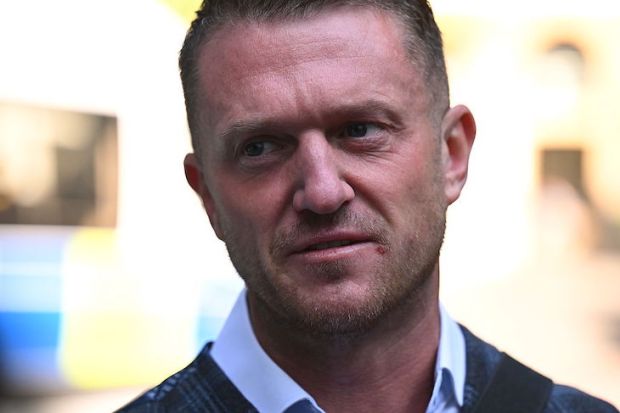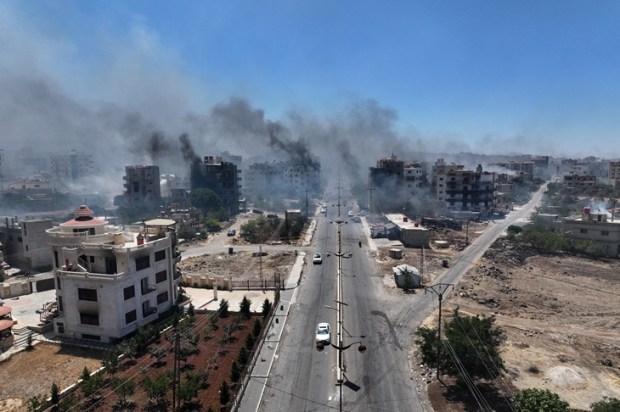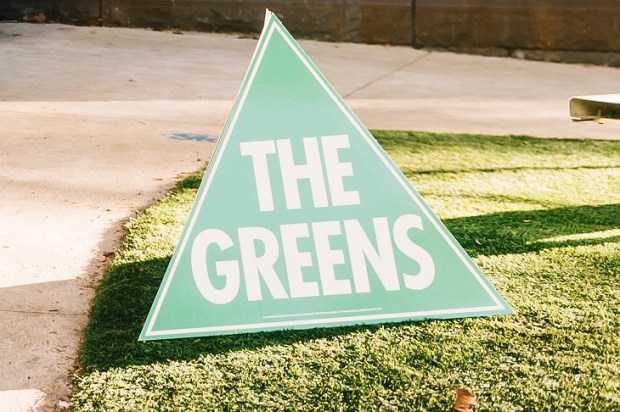When I was a pre-schooler my mother enrolled me in the WA Junior Naturalists’ Club. We met in a basement room of the WA Museum where we had talks, demonstations of specimens, slide shows and films about natural history.
A great event each year was the Wildlife Show in the Perth Town Hall. The senior naturalists brought kangaroos and emus and an occasional dingo from the Outback, along with tanks of brightly-coloured anenomes, sea-stars and tropical fish from WA’s coastal waters, or bright little snakes like the bandi-bandi. We juniors brought jars of tadpoles and juvenile water-tortoises from the Perth swamps.
The human stars of the show were the likes of Robert Boyd, the 15 year-old who rediscovered WA’s only, and exteremly rare, short-necked water-tortoise, whose numbers have been gradually built up by a captive breeding programme, and in particular Harry Butler, a brilliant educator who became famous for his TV series and books In The Wild.
WA Petroleum (Wapet) with outstanding vision, would later make Harry conservation consultant at its Barrow Island oil-field, and with the benefit of his advice it was possible to return the field to a virtually pristine state at the end of its commercial life, proving that development and environmental conservation could co-exist. He did the same with other mining and development projects.
Escaping from school, I became a cadet reporter on the West Australian and was given a new ‘science, conservation and environment’ round. There was plenty to write about, including, again with Harry Butler, rescuing endangered animals from the flooding Ord Dam, taking part in the discovery of Easter Cave, a major extention to the Augusta Jewel Cave in the South-West, the continuing development of the Kwinana heavy industrial area and the Yunderup Canals housing project. I also attended meetings of the WA Conservation Council and of course a variety of other events. WA was undergoing the great surge of industrial development and mining associated with the Brand-Court governments and with Lang Hancock. While the risks of pollution were appreciated, and there was some irresponsible in-filling of wetlands by the government of the day for rubbish dumps (happily some of this has been reversed. A rubbish-tip near the Swan River at Bayswater has been successfully restored as a water-bird sancturay), there was nothing like the all-out attack on development we now see associated with the Greens, or the major parties’ obsession with the renewable energy phantasmagoria.
What is most notable about all this today is the transformation, via the Greens, from environment being the concern of pro-conservationists, which might have attracted support from all people who love unspoilt nature and from all points of the political compass, to an exclusively far-leftist organisation in which the earlier cause of wildlife and environmental conservation, if it still exists at all, has a low priority.
Harry Butler, who had done so much for environmental conservation, was reviled as a traitor by the Green movement for working for industry and for holding that development and conservation could co-exist. Wapet had to at one time give him a windowless indoor office after he received death threats, and his delightful and timeless In The Wild programmes and other features have, I imagine by no coincidence whatsoever, been resoundingly dropped by the ABC.
Present Greens’ policies seem incoherent when measured against the ostensible causes of their foundation. Their only criteria now seems to be that they should damage national productive capacity and cultural and civilisational norms. The Greens have led the fight for transgender anti-discrimination laws, gay marriage, euthanasia and against practically all established social norms. This is a very long way from protecting numbats and water-tortoises.
True to the left-wing package deal, the Greens in the Senate have been prominent in attacks on Israel, despite the fact that Israel has a far more impressive and innovative record of environmental conservation than any of her neighbours.There are now more than 60 ‘environmental’ groups with tax-deductibility status. The Greens want homosexual marriage but they also want jihadists who left Australia to join Isis (which throws gays from buildings) to be allowed to return here.
The beneficial effects of modern science in providing cleaner and cheaper production, a process which had been going on since the Industrrial Revolution, hardly seems to enter Greens’ thinking.
They have succeeded in banning safe, clean nuclear power in Germany, where previously 40 per cent of the power was nuclear, forcing it to rely on polluting oil and gas from Russia, and have helped rule out nuclear power in Australia, despite the fact Australia has almost limitless deserts where power stations could be located. (Come the next election, why not ask an anti-nuclear polling-booth worker to define the difference between an Alpha and a Beta particle? Or even the difference between carbon and carbon dioxide, terms which in some commentaries seem to be used interchangeably.)
In Australia the Greens have played a big part in forcing the major parties towards expensive and unreliable wind and solar power. Apart from the fragility of the resultant power supply, there is the question of whether acres of wind turbines and solar panels are overall an asset or a liability for the environment, considering the energy resources used in their manufacture and the land that must be cleared to accommodate them. Tim Blair refers to wind-turbines as ‘bird-blenders’. More studies need to be done on the environmental costs of wind and solar power. But it is certain that Australia’s alternate energy sources, for all the pain they cause the consumer, make at best a miniscule difference to global carbon (or carbon dioxide?) output. Green energy policies have resulted in soaring costs all over the world. In Australia these ruinous policies dove-tail with those of the ALP and Turnbull’s mock Liberals to explode energy prices; lethal for some businesses and lethal in a direct and literal sense for pensioners and others who cannot afford both heating and eating.
The Greens are also, madly, advocating the government provide money to every single Australian with no obligation to work, and to force the RBA to provide home loans at less than market interest rates – the principal policy which in America caused the global financial crisis, leaving us all a great deal poorer. Meanwhile, environmental conservation lacks a credible political voice.
Got something to add? Join the discussion and comment below.
You might disagree with half of it, but you’ll enjoy reading all of it. Try your first month for free, then just $2 a week for the remainder of your first year.

